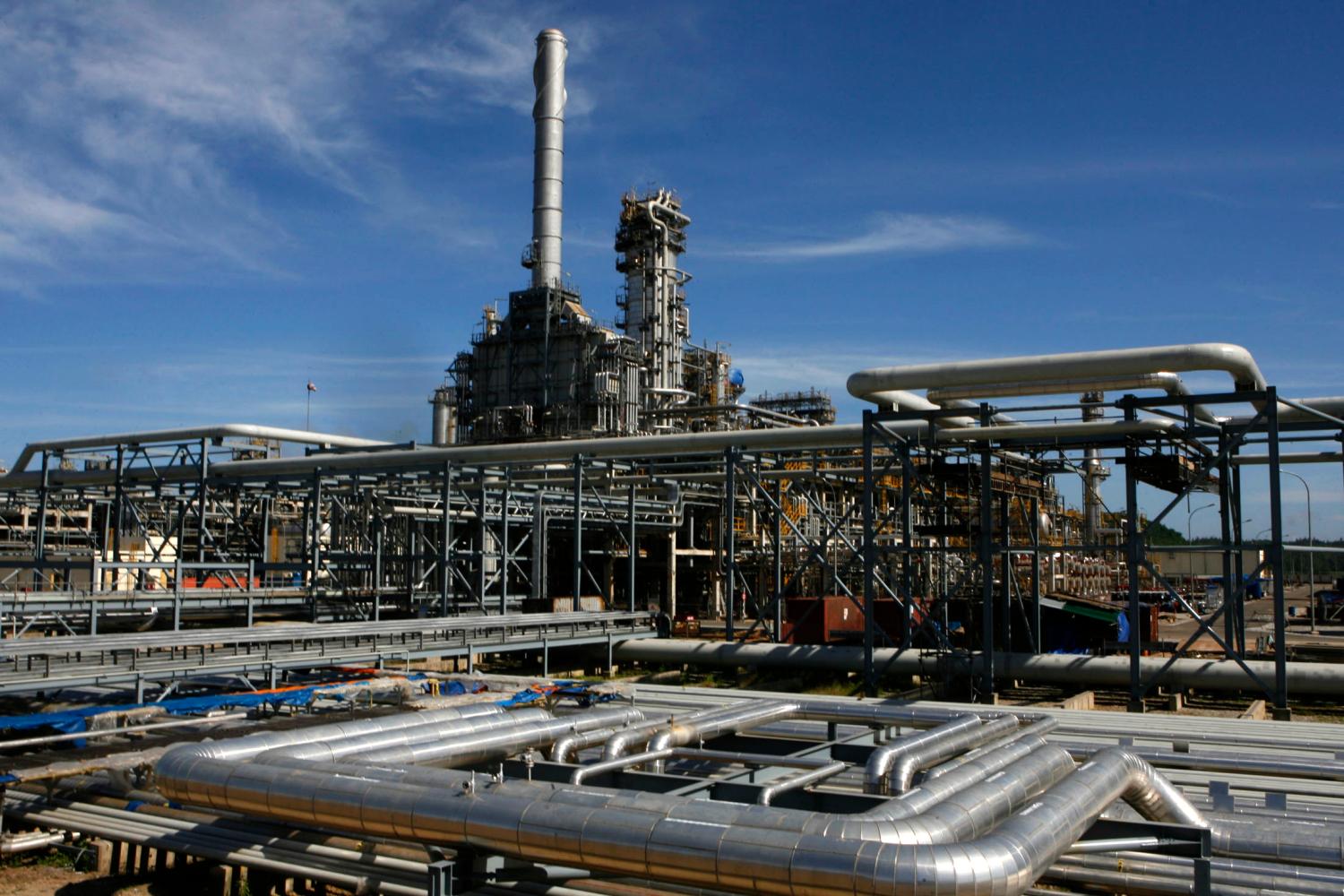I. Introduction
Economic development is the first priority of national policy in Vietnam, and the availability of sufficient energy resources is one of the keys to achieving this objective.
Thanks to the transition from a planned to a market-oriented economic system, Vietnam’s economy has achieved significant development over the last several years with an average GDP growth of 8 percent per year from 2005 to 2007. The recent slowdown due to the global recession contributed to GDP growth of only 4.5 percent for 2009. Although the country will face difficulties due to inflation, GDP growth is still expected to hit 6.8 percent, 7.7 percent, and 8 percent in the next three years, according to a forecast by Business Monitor International. Economic development has resulted in dramatically increasing energy consumption in Vietnam. In order to meet this rising demand, on which continued economic development is contingent, Vietnamese policy makers envision that the nation’s energy sectors will be developed according to a market mechanism. This includes market solutions based on competition rather than monopolies, subsidized prices, and encouragement of private sector investment.
However, translation of these objectives into actual policy measures is often more difficult than simply announcing goals. Although the gas industry has played a prominent role in the economic development of Vietnam, there has been the lack of a policy for the development of the gas industry in Vietnam. In the absence of such a policy, the industry is going to face a number of challenges in the near future. To make things more difficult, there is no development model or path that Vietnam can follow; it must find its own solutions.
This paper aims to discuss policy choices for the development of Vietnam’s gas industry. These policies must meet a number of criteria to be suitable for Vietnam, an emerging market which seeks to attract investment:
- Transparency. Participants in the gas chain need to know the rules and how they are being applied.
- Stability. Policies should be consistent and stable for an extended period of time.
- Predictability. Outcomes should be predictable for investors.
- Flexibility. The benefits for participants in the gas chain should be adjusted according to the risks they bear.
The paper begins with an introduction to Vietnam’s gas industry, and then presents each of the issues that a country must address concerning its gas industry when formulating an energy policy: industry structure, market development, gas prices, and others. International trends and principles for formulating gas policy will be introduced into the discussion. This section will also identify some different options for developing Vietnam’s gas policies. The following section identifies the range of problems that Vietnam’s gas policy should address and looks at a number of possible solutions. Finally, the paper concludes with some overall comments regarding gas policy in Vietnam.



